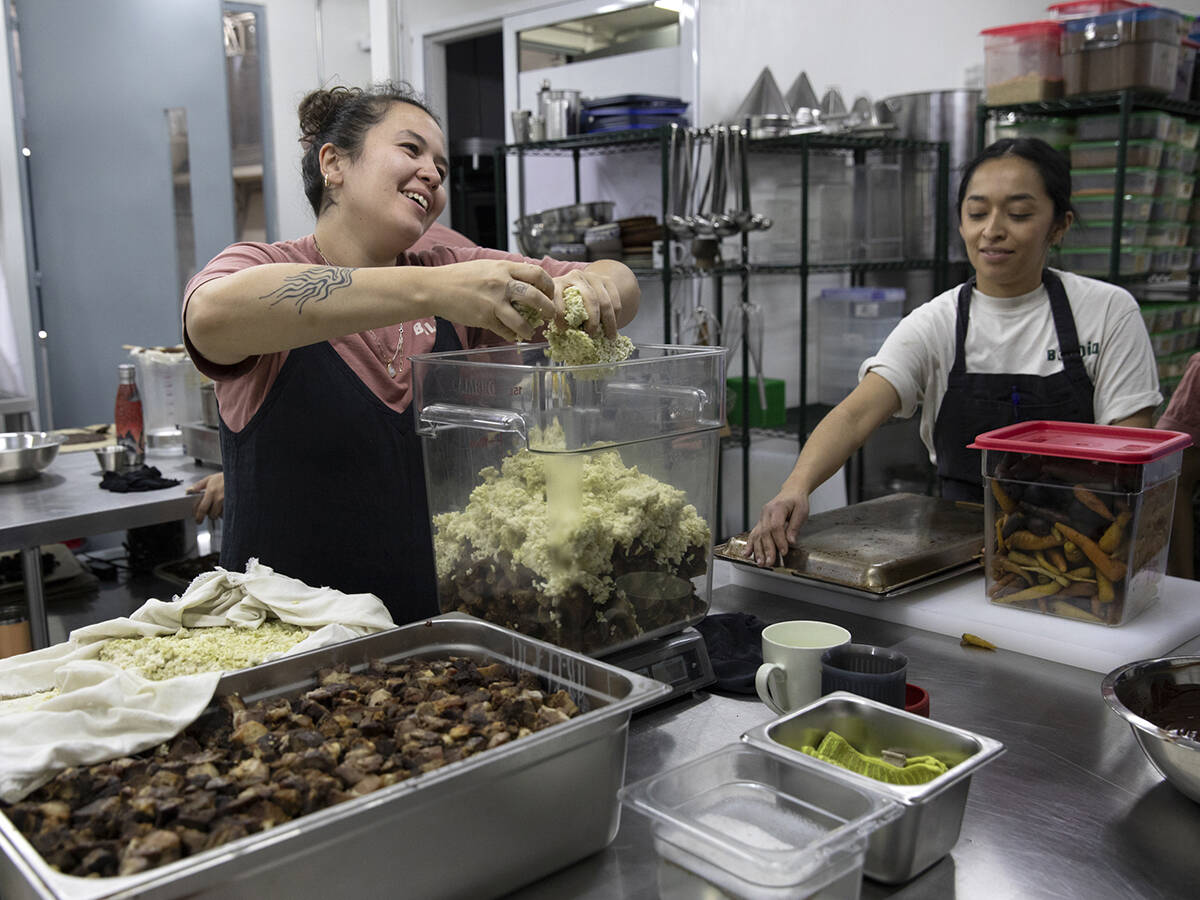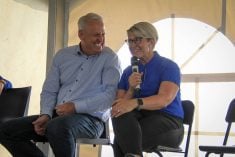What happens when you die and there is no will?
Let’s take the fictitious example of John and Helga Huffers. They run a 1,280 acre farm in Saskatchewan and the farm is their primary asset.
All their other assets, including bank
accounts, directly relate to their farming
operation. The farm is solely in John’s name. There is a mortgage against the farm.
They have two children, both in their early 20s and neither is involved in the farm. One of the sons, Sneed, is mentally challenged. John dies in a farming accident without a will. The net value of the estate is $800,000.
Read Also

Restaurant blends zero waste, ancient farming
A Mexico City restaurant has become a draw for its zero-waste kitchen, which means that every scrap of food and leftovers is reused for other purposes.
The farming operation was built up by John and Helga over 30 years and started with a quarter section of land that John inherited before they were married. What happens in such a case?
Provincial legislation known as the Intestate Succession Act specifies how property is to be distributed. The first $100,000 of the estate goes to the wife. All amounts in excess of $100,000 are divided as follows: if there is one child, half goes to the wife and the balance to the child; if more than one child, the wife gets a third of the balance with the rest shared between the children.
If there is no spouse or children, the act sets out the priority for dividing the estate. Next in line are the parents, followed by siblings, or children of siblings if the sibling is deceased. These are followed by nieces and nephews if there are no siblings, then other next-of-kin.
Manitoba and Alberta have similar schemes. However, in Manitoba the spouse is entitled to the first $50,000 or half the estate, whichever is greater, and half the remainder.
In Alberta, the spouse is entitled to the first $40,000; then half if there is only one child; or a third if more than one child, with the children each getting an equal portion. Other than that, the order of priority is the same as in Saskatchewan.
Whether there is a will or not, certain claims take precedence. In the first instance, funeral and estate expenses need to be paid. Second, creditors such as the mortgage holder need to be paid. If Helga decides to take over the farm, she might simply assume the mortgage.
Before the estate can be divided, two other matters need to be considered and this applies whether there is a will or not. Under matrimonial property laws Helga has an interest in the farming operation.
Half interest
In Saskatchewan, the assumption is that the spouse has a half interest except for the fair market value of property brought into the marriage (the quarter section John had when they married). Thus John’s estate is really only half the farm. A wife or husband can advance a claim for division of matrimonial property even after the death of their spouse.
All estates are subject to claims by people who are dependants, including children. Before the estate can be divided, sufficient provision must be made for Sneed’s upkeep. If adequate provision is not made to protect the interests of Sneed, or any dependent child, a public official can intervene to protect the interest of that person.
Only after these matters are dealt with can property be dispersed.
When there is no will, next-of-kin can apply to be appointed to administer the estate. The appointment of an administrator is at the discretion of the judge who can require the administrator to post a bond.
Saskatchewan law, unlike that in other provinces, sets out who has priority to apply for administration. First it is the wife, followed by children, grandchildren, parents, siblings, nieces and nephews, other creditors and finally the government.
And in the rare occasion, where there is no next-of-kin, the estate will go to the government.
Don Purich is a former practising lawyer who is now involved in publishing, teaching and writing about legal issues. His columns are intended as general advice only. Individuals are encouraged to seek other opinions and/or personal counsel when dealing with legal matters.
















